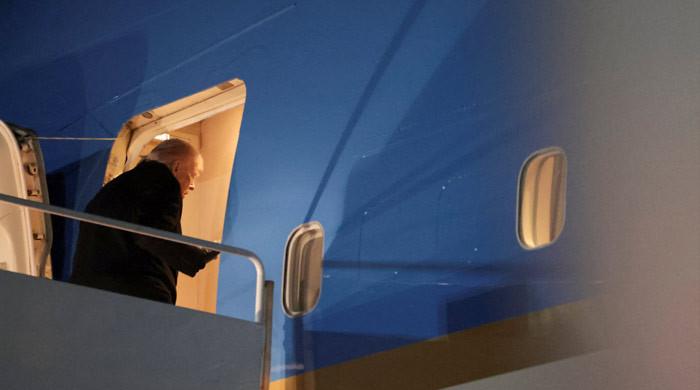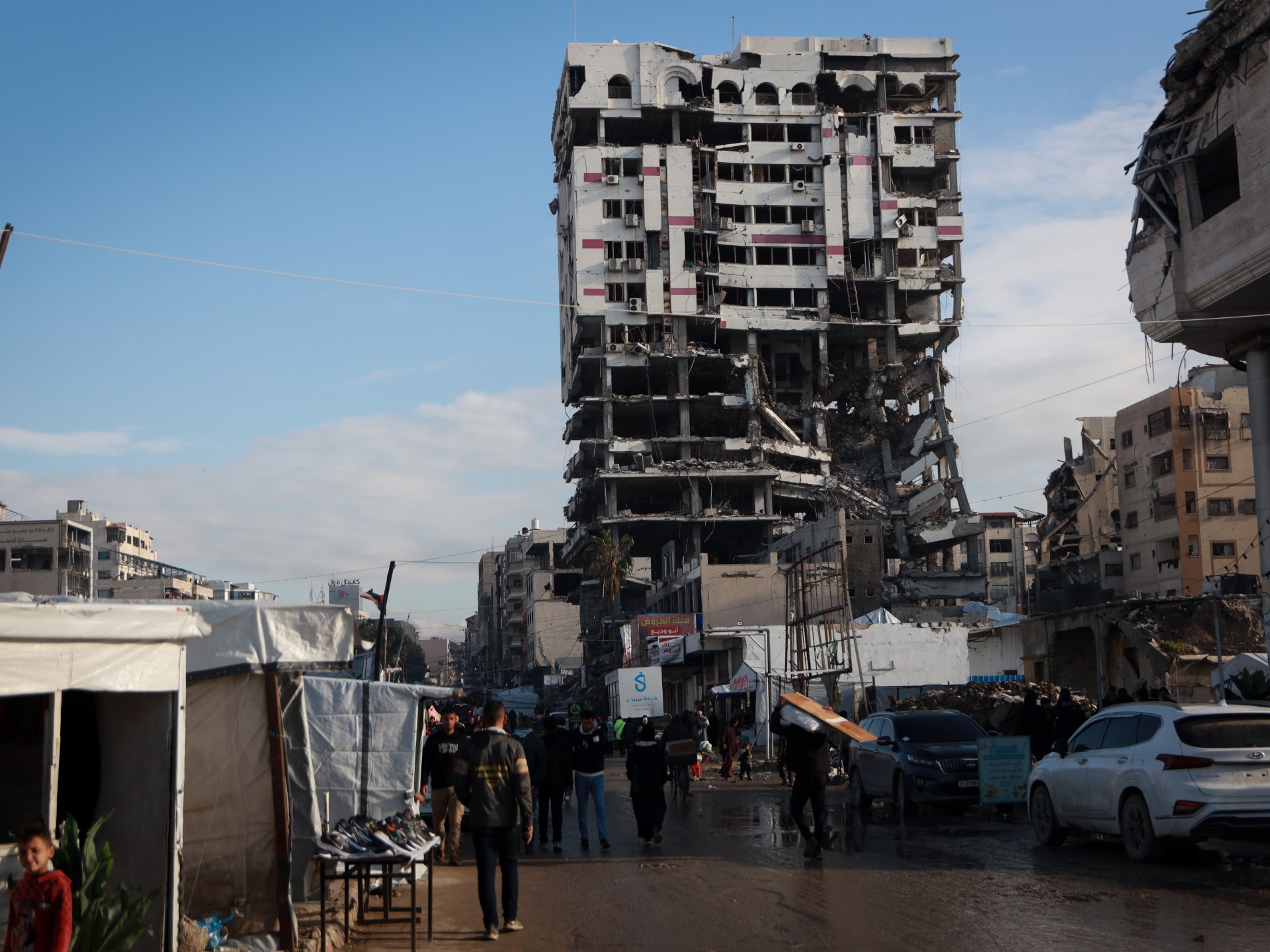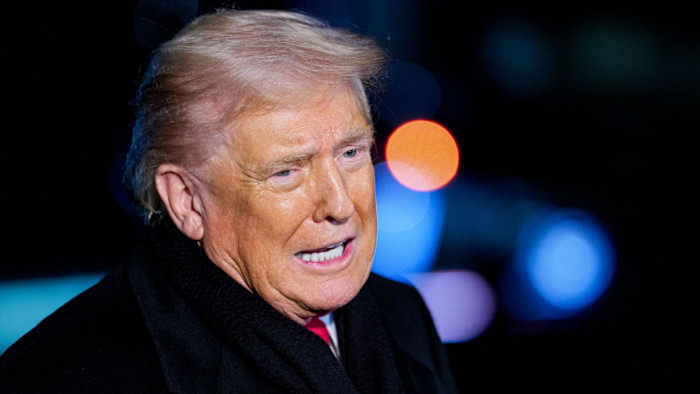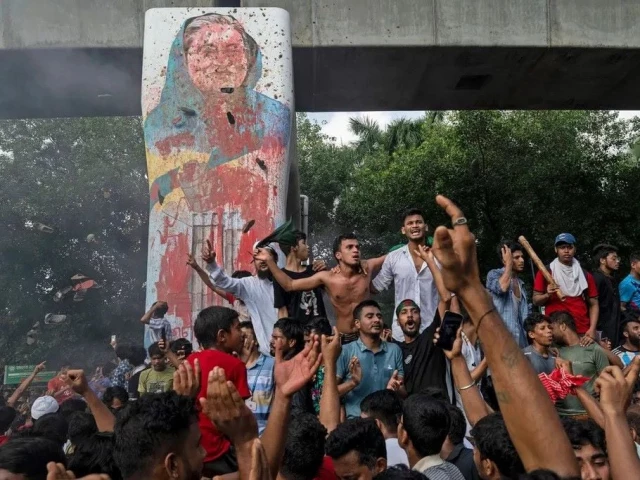- Azerbaijan says it agreed to join Trump’s ‘Board of Peace’ Reuters
- ‘Board of Peace’ might replace UN, says Trump Dawn
- Pakistan and Jordan confirm being invited to sit on Trump’s Gaza Board of Peace timesofisrael.com
- Israel pushes back on…
Trump back in the air and heading to Davos
President Trump is in the air again and headed to Davos, CNN reports.
A new aircraft began rolling down the tarmac at 12:02 am, according to the White House press pool.
They add:
The crew on the plane was…




